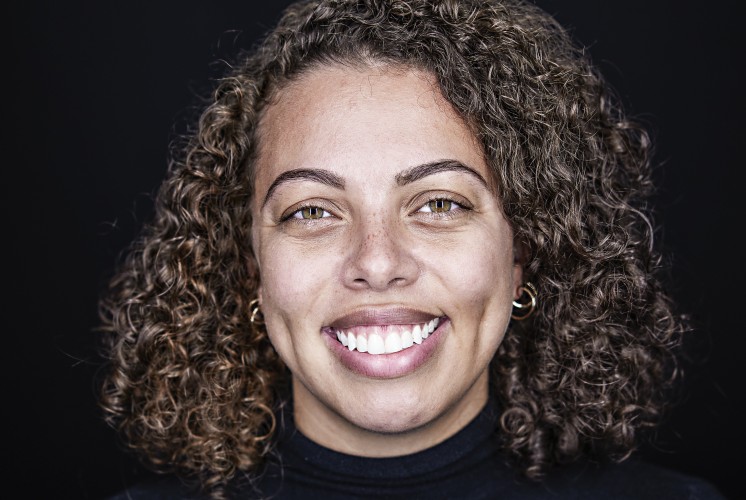This interview was edited for length and clarity.
Debt Free Justice: Explain juvenile fees and fines?
Rachel Wallace: Juvenile fees and fines are basically any costs that a youth or a family might pay, for their involvement in the court system or in detention facilities. So any time someone goes to court, and they're asked to pay money, it's usually a juvenile fee or fine. Sometimes it's restitution but generally, they'll make it pretty clear to people what they're being asked to pay.
DFJ: Can you enumerate the types of fees or fines that someone has to pay?
Rachel: In some of the states where I work, people have to pay, maybe over 5 or 10 different fees or fines at the same time. So they get a bill that's really long, it says, here are all the things you owe. Sometimes, they list them one by one. Sometimes, they just say, this is the amount of money that you owe. And it's a little bit confusing for people to figure out what they owe. That's just another hurdle that families have to face. It's like five to 10 fees, and they can be hundreds to thousands of dollars.
One example of fees and fines that we see often is the cost of counsel. A lot of people in the general public think public defenders are free for families. Everyone's entitled to a public defender at no cost. That's just not the case. Oftentimes we see youth and parents being charged fees or the total amount of hours for a public defender that they're assigned to their case. Other examples are probation, supervision, diversion fees, fees for educational programs, electronic monitoring fees, and the list goes on and on.
DFJ: Explain diversion fees.
Rachel: Diversion fees are basically a cost for participating in a program that diverts a youth away from the court. So sometimes the judge will order a diversion program in lieu of other punishments that are more traditionally offered through the court. So incarceration or probation, but they'll make the family pay for that. So that can be a barrier to diversion for a lot of people.
DFJ: So the court wants a child to do something, but then the child has to pay for that, not the court? Cn you explain the thought process that the court has for making a child pay for something that the court wants them to do?
Rachel: That's a really great question. So why would the court ask for a child to pay for something that's mandatory? A lot of it is that the court might not have the budget for their own programs and they're relying on fees and fines in some cases, usually fees to pay for the programs that they're offering. Sometimes judges will say that paying a fine for a program will make the youth more accountable. So it will teach them a lesson or something like that. But really it just holds youth back.
A lot of times the court will ask children or their families to pay for something that's required of them. It doesn't really make sense because people don't have the money to pay. But oftentimes courts will do it because they may not have the funding to fully fund those programs themselves. Sometimes they're relying on the revenue from these fees and fines to pay for programs, and so they pass that off to the youth and their families who often can't afford that.
DFJ: What is one of the most outrageous cases that you've ever worked on?
Rachel: One of the most outrageous cases I've ever worked on, or heard of it through my work was in one of the counties, they don't do this anymore, but they used to charge $150 per day for youth to stay in detention facilities. And so if a youth is there for several days, that's up to a thousand dollars very quickly and several thousand dollars very quickly. So that was a really egregious case that I heard of. Thankfully the judge and the sheriffs and other stakeholders in that county came together to end that fee. But youth and families in that county are still facing fees in thousands of dollars range.
DFJ: When it comes to the definition of debt free justice, what does that mean to you personally?
Rachel: The definition of Debt Free Justice to me is a system where money isn't a barrier to youth being able to access services, and it's not something that's holding people back. So people can get ahead if they are coming out of the court system and not being tied down by this burden that's gonna follow them beyond. So that's what I think of Debt Free Justice — as eliminating that barrier and that burden.
DFJ: And what can people in the general public who's just learning about this do to help the campaign?
Rachel: I think people in the general public can spread the word that this is happening. I talk to my friends often about the work that I do, and they've never heard of juvenile fines and fees and they're appalled when they hear about it and they ask the same question, what can I do? And I think just continuing to spread the word and make sure that you're aware of any campaigns that are going on in your state to end the juvenile fines and fees is what the general public can do.
